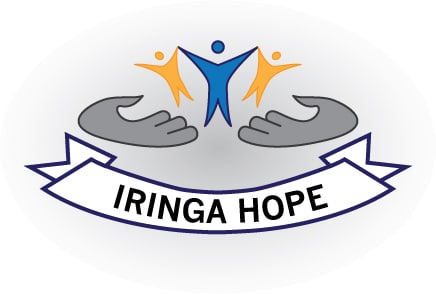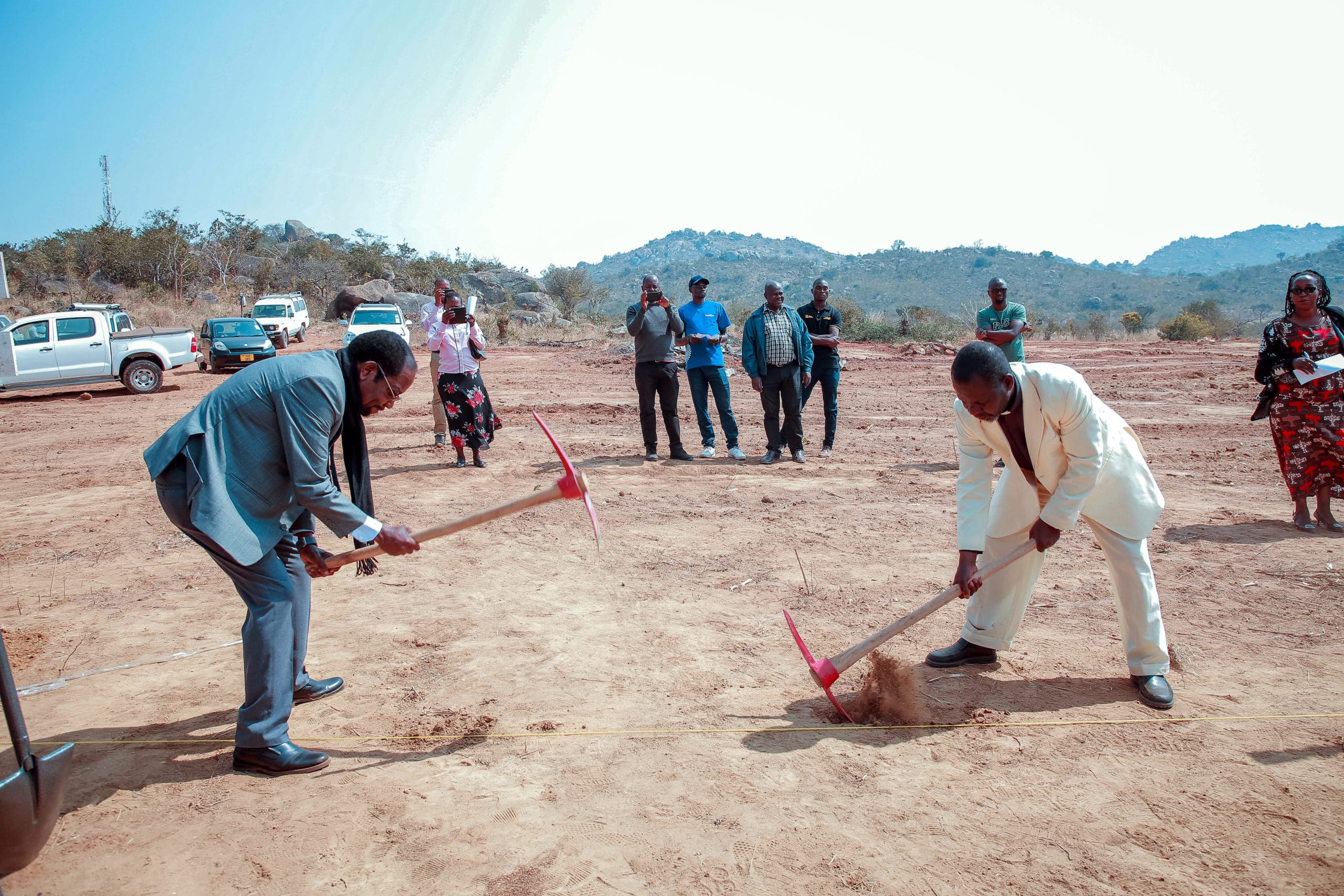At Iringa Hope we continue to look for ways to help our members increase their incomes. Our early work focused on providing education and training, access to financing for planting, and, more recently, ready access to quality fertilizer and seeds at reasonable prices.
These steps have allowed our members to increase their incomes form $300/year to $900/year or more. Still, we wondered if there might be a way to increase their incomes even more!
Two years ago we began a study of the prices at which our members were selling their crops. We found that our members were selling their crops for 35%+ LESS than the peak prices in their area. They were doing this because 1) they were selling through middle men who took a large chunk out of the price and 2) they were selling most of their crops at harvest time when the prices were the lowest for the year.
Of course there were good reasons they were doing this – and in fact they already realized that they were paying a high price for these practices, but they saw no practical alternatives. They had no realistic way to get their crops to the main market in Iringa, so they were selling to the middle men who came to their villages. Likewise, they needed money right after harvest to pay bills, school fees, etc. and storing their crops often resulted in large losses to insects. Consequently, immediately following the harvest was when they sold most of their crops.
Working with the Micro Finance Institute (MFI) staff, we decided to develop a program to provide for the financing, secure storage, and sales of our members’ crops. Our data suggested that we could increase our member’s incomes by 20-35% by simply solving this problem. Hence was born the DSS program – a program which provides for secure storage of crops, with no insect loss or damage; financing based on the crop value while it is being stored; and direct marketing and sales of the crops as the prices rise.
To test this approach further, last year we ran a pilot program at Ilambilole which demonstrated a 37% price increase for those members who participated.
Looking at what a big impact this could have on our members we launched a multi-year plan to expand the program. Our overall plan would take 3+ years and involve a 2,500,000,000 Tzs fund raising effort (About $1,100,000 USD)!
Now, a year later, after raising a 550,000,000 Tzs loan pool (enough for 10,000,000 bags of maize), buying and distributing 9,000 PICS bags (An air tight, secure way to store maize.), and organizing and training our members we are ready to complete our program development with the construction of a Market Center to handle the large scale storage and sales that this program envisions.
The Market Center will be the latest addition to the Iringa Hope facilities. So far, with the generous support of the Peter J. King Family Foundation, we have built our main headquarters building and 23 Integrated Development Centers (IDCs). These buildings have allowed us to firmly establish our presence and commitment to the rural areas of Iringa. Construction of the Market Center will not only continue this commitment, but will attract buyers, suppliers, and others to our members.
The Market Center is being built on 8 acres of prime land near the new truck by-pass road in Iringa. It is located near the University of Iringa, not far from our headquarters building. At an estimated cost of 1,500,000,000 Tzs ($650,000 USD) it is one of the larger projects in the area.
When completed the Market Center will provide offices for our agronomist and sales people, space for a soil analysis program, a meeting room for classes and vendors, a large meeting area for education and training sessions, and storage for up to 15,000 bags of maize.
The building will be surrounded by a security fence that will enclose about 4 acres of land – providing room for future expansion as the program grows. The remaining land will be used for crop demonstration, vendor demonstrations, and experimentation.
We held our ground breaking on August 11, 2020. In attendance were Bishop Gaville and his staff; the VC of the University of Iringa and his staff; board members of the Joint SACCOS; board members of the Joint AMCOS; Cooperative officers from the Iringa District, the Kilolo District, and the Mufindi District; members of the Iringa Municipal Council; suppliers and buyers of crops; as well as members of the various Iringa Hope cooperatives and the MFI staff.
There were speeches (of course), discussions on how the Market Center will work and how suppliers and buyers can best interface with it, and, of course, lunch was served!
Bishop Gaville’s message was one of the Diocese’s humble gratitude for the work of Iringa Hope. He said,” this is a way of showing God’s love that will add value to the smallholder farmer’s crops and will witness to our people.”
The VC of the University, Dr. Ndelilo Urio, talked about how, “This is truly a vision becoming reality. It is a great step forward for our people.”
Finally, the Cooperative Board Representative noted that, “Iringa Hope’s program is the best and most ethically right way to address the financial plight of smallholder farmers.” He went on to say that the DSS program was the right program at the right time for the country. He hoped that “this model would serve to inform and promote other programs in our country.”
The shovels came out, dirt was dug, and the work on the site began. It will take 8-9 months to complete this project. In the meantime we are arranging the temporary use of other buildings (many of the Diocese’s building will be used) to support the DSS program. By this time next year we expect to see our member’s incomes take another step forward.

Groundbreaking for the new Market Center in Iringa Tanzania 
Market Center Groundbreaking – a joyous occasion!

